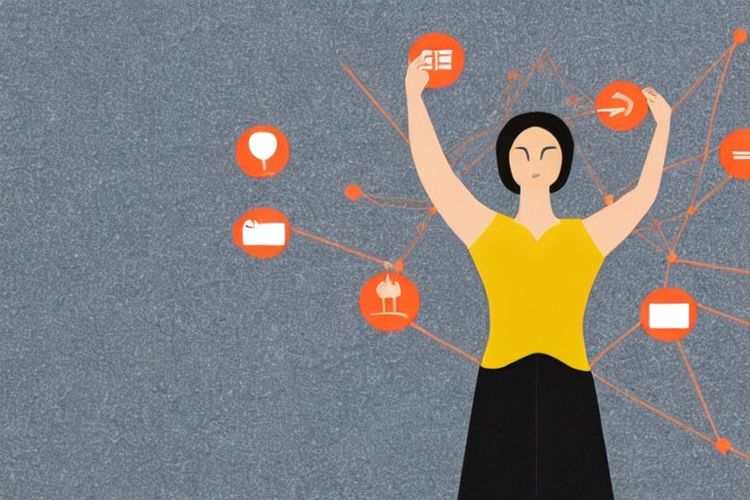The Power of Mindfulness: How Practicing Meditation Techniques Can Improve Your Life

Mindfulness has become an increasingly popular concept in today’s fast-paced and hectic world. With the constant barrage of information and distractions, it is easy for our minds to become cluttered and overwhelmed. However, the practice of mindfulness, particularly through meditation techniques, has been proven to have transformative effects on our well-being and overall quality of life.
At its core, mindfulness is the practice of being fully present and engaged in the present moment, without judgment. It involves bringing one’s attention to the sensations, thoughts, and emotions in the present moment, without getting entangled in past regrets or future worries. This simple act of paying attention and observing without judgment can have a profound impact on various aspects of our lives.
One of the primary benefits of mindfulness is stress reduction. In today’s fast-paced world, stress has become an almost inherent part of our daily lives. However, studies have consistently shown that regular mindfulness meditation practice can significantly reduce stress levels. By focusing on the present moment and becoming aware of our thoughts and emotions without attaching to them, we can create a mental space that allows us to respond to stressors more effectively. This ability to detach from our thoughts and emotions empowers us to navigate through difficult situations with greater clarity and calmness.
Moreover, mindfulness meditation has been shown to improve overall mental health. Research suggests that practicing mindfulness can alleviate symptoms of anxiety, depression, and even help manage chronic pain. By training our minds to focus on the present moment, we are better equipped to understand and accept our thoughts and emotions, rather than getting caught up in a spiral of negative thinking or self-judgment. This self-awareness and acceptance foster a more positive and compassionate outlook towards ourselves and others.
At the same time, mindfulness enhances our ability to concentrate and strengthens our cognitive abilities. Numerous studies have demonstrated that regular meditation practice can improve attention span, memory, and the ability to regulate emotions. By training the mind to stay present and focused, we become more productive, efficient, and have an increased capacity to tackle complex tasks.
Furthermore, mindfulness has a positive impact on our relationships. When we practice being fully present with others, it fosters better understanding and empathy in our interactions. By truly listening, without judgment or distractions, we begin to develop deeper connections with the people around us. Mindfulness helps us become more attuned to the needs and emotions of others, leading to greater empathy, compassion, and improved communication.
Incorporating mindfulness into our daily lives does not require lengthy sessions of meditation. By cultivating a mindful approach to everyday activities, such as eating, walking, or even washing dishes, we can bring a sense of calmness and clarity to our lives. It is about paying attention to the present moment, fully engaging with our senses, and letting go of any judgment or distractions that may arise.
In conclusion, the power of mindfulness and meditation techniques cannot be overstated. By practicing being fully present and engaged in the present moment, we can reduce stress, improve mental health, enhance cognitive abilities, and foster better relationships. Mindfulness is not just a passing trend but a proven method for improving our overall quality of life. So, why not take a moment to close your eyes, take a deep breath, and embark on a journey of self-discovery and transformation through the power of mindfulness?



